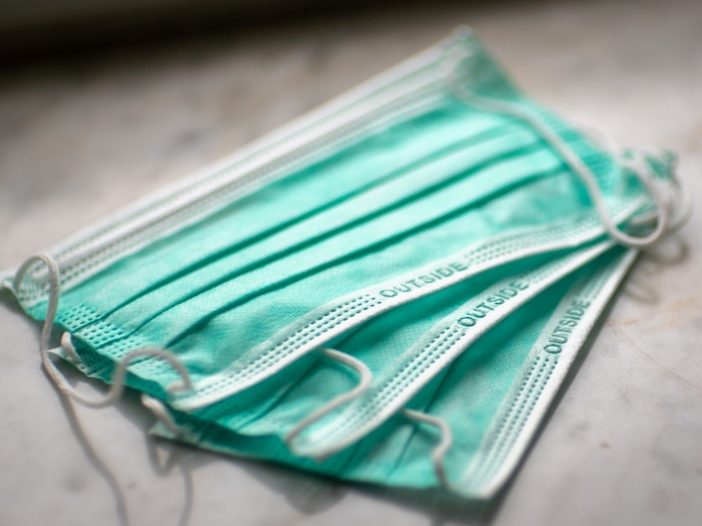
2020. The year of the global pandemic.
Also, the year that lots of new words entered our dictionary.
In this blog post, we’ll have a look at some of these COVID-19 (Corona Virus) related words.
pandemic: (adjective) prevalent over a whole country or the world
Many countries went into lockdown. The official definition of a lockdown is a protocol followed in an emergency situation. A protocol is things you must do – kind of like a set of rules.
This definition applies during the COVID-19 season too, but also in the sense that everything was locked down – bars, restaurants, and shops were shut (and locked) for a period of time.
protocol:
During the lockdown, people who worked in essential jobs were known as key workers. These are people such as doctors, nurses, supermarket workers, teachers or plumbers. In other words, people who simply couldn’t stop working during the pandemic, nor could they work from home.
Work from home, or WFH as it’s been called on social media is not a new phrase, but it’s certainly become much more common. You could also say working remotely.
Much of our socialising has been through video conferencing software.
Zoom rose in popularity and so did phrases such as “let’s zoom tonight.”
You could have zoom classes, zoom quizzes, or zoom drinks. We discovered all kinds of activities that could be transferred online. And after zooming all day and all night?
Well, you were probably all zoomed out, meaning you're tired and you’ve had enough of seeing people through video!

To help stop the spread of the virus, we started social distancing. This is when you keep a few meters apart from others. The actually recommended distance varies depending on your country.
You could have a socially distanced walk when you meet someone and go for a walk together but try to stay a few meters apart.
If you were in contact with someone who tested positive, or you tested positive yourself, you had to self-isolate for between 10 and 14 days. This means you stayed at home and didn’t see anybody else.
If you traveled abroad, you might have had to quarantine in a hotel or at home.
quarantine:
We’ve also started wearing masks in public places. What used to be the phone, keys, wallet check when you left home is now phone, keys, wallet, and mask. You might also use the term PPE, which stands for ‘personal protective equipment.’
In the UK, some people formed bubbles. This is when two households acted as one, so they could meet to provide childcare or look after elderly relatives. In schools, one class or one year was referred to as a bubble. If one person tested positive then the whole bubble was sent home to self-isolate. In this case, we said the bubble has burst.
bubble:
Some conspiracy theorists – those people who didn’t believe in the coronavirus at first – referred to the period as a plandemic. This clever hybrid of plan and pandemic shows that these conspiracy theorists believe it was made up by the government.
Others have called it an infodemic. They believe that there’s been too much information, and so it’s not the disease which is the problem but all the facts.
Those people who break the rules are sometimes referred to as covidiots. Just like plandemic, this is two words smashed together. I’m sure you can work it out! Covid + idiot = covidiot.
This blog post has shown just a few of the words which have been created, become much more common, or taken on a different meaning during this pandemic.
It’s interesting to watch how words evolve as society changes and how new words are formed!
Next time you’re talking in English, see if you can drop any in the conversation! I’d be interested to know what new words were formed in your language too!

Add your first comment to this post